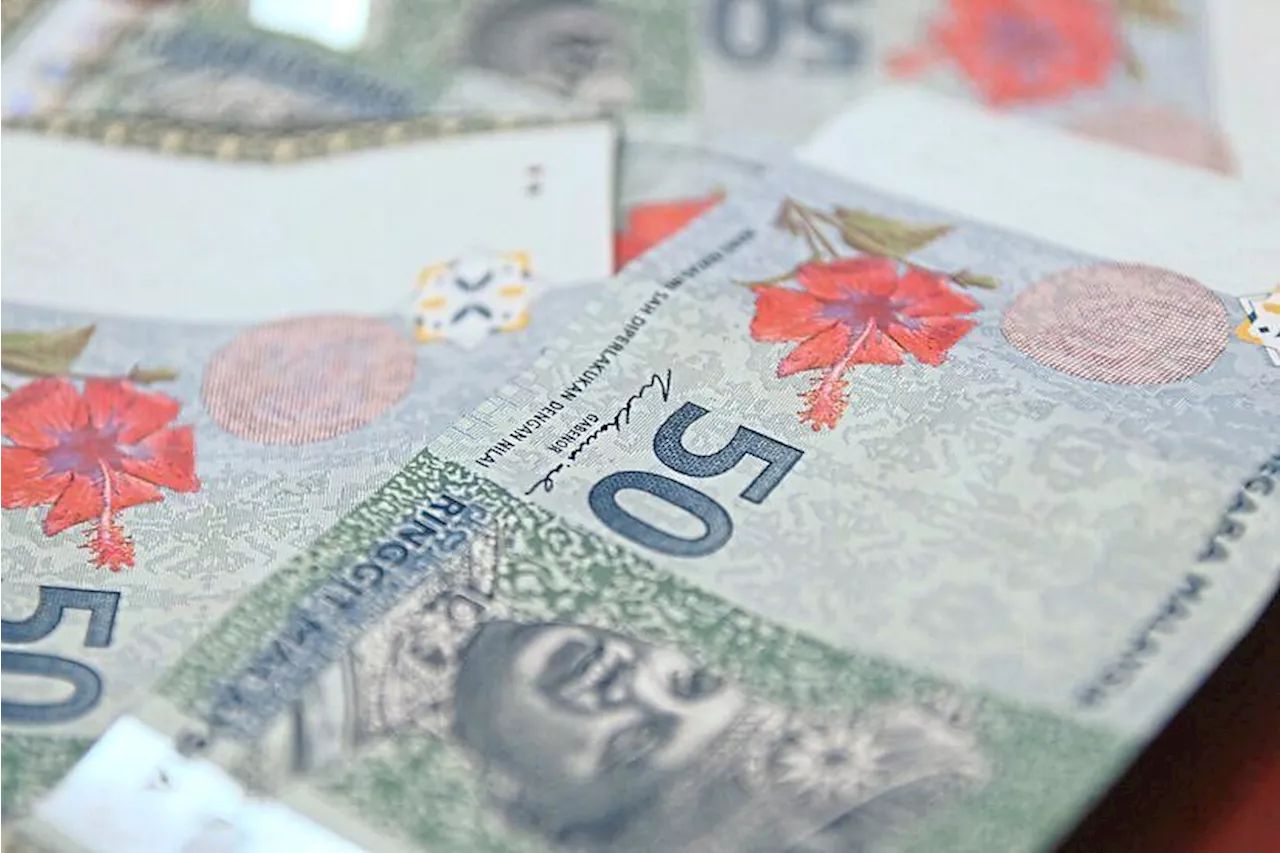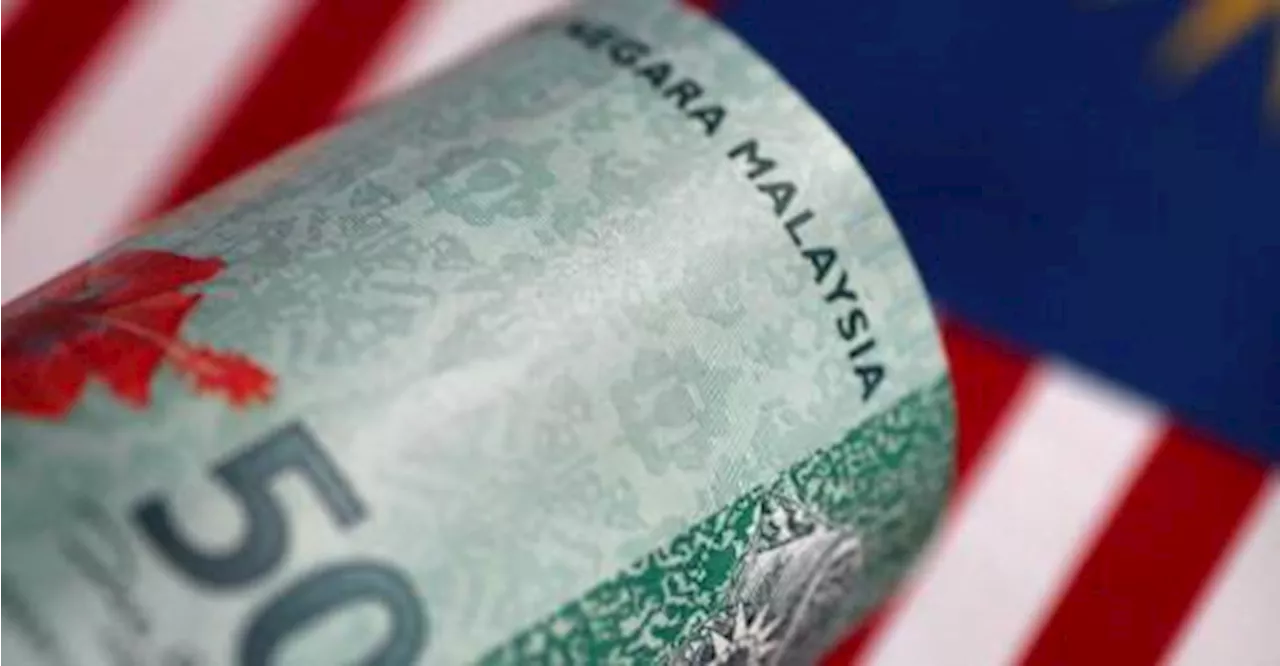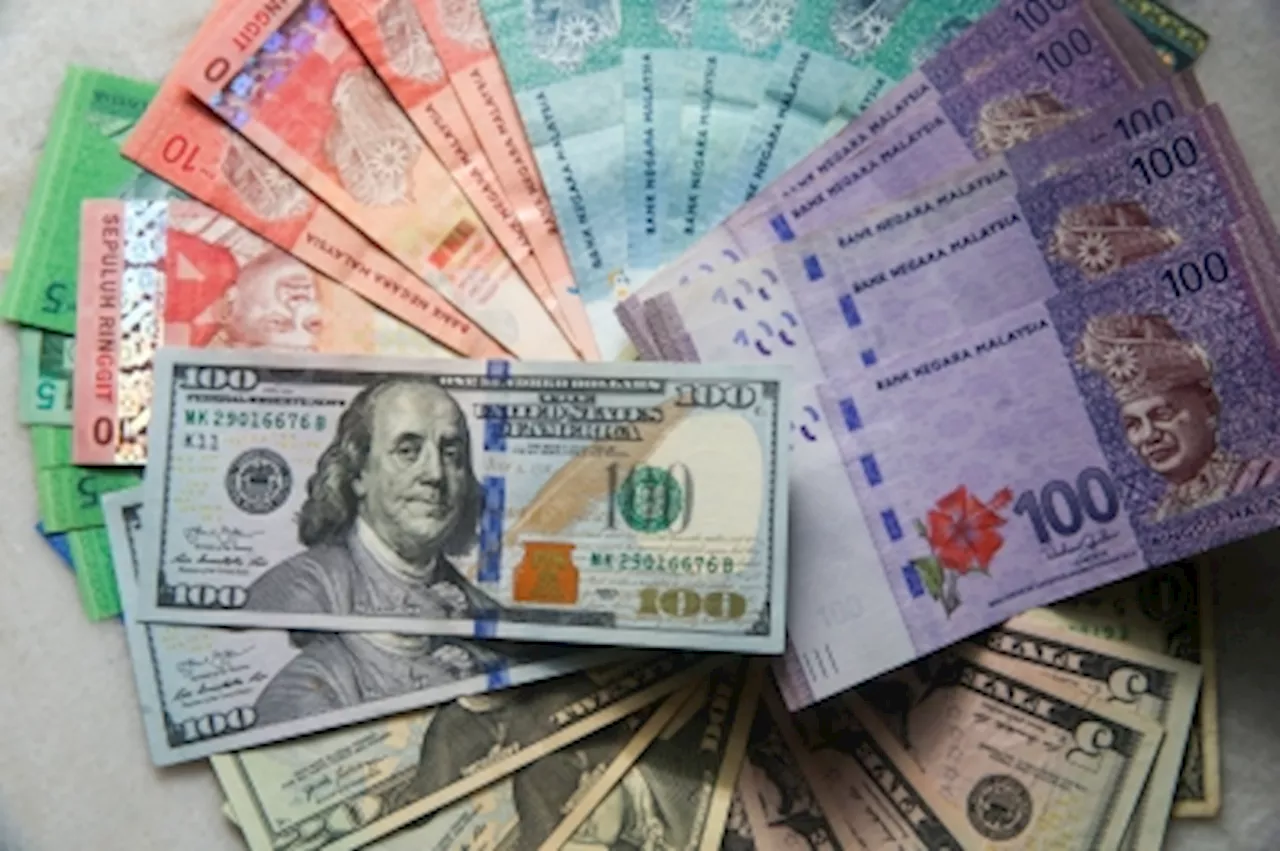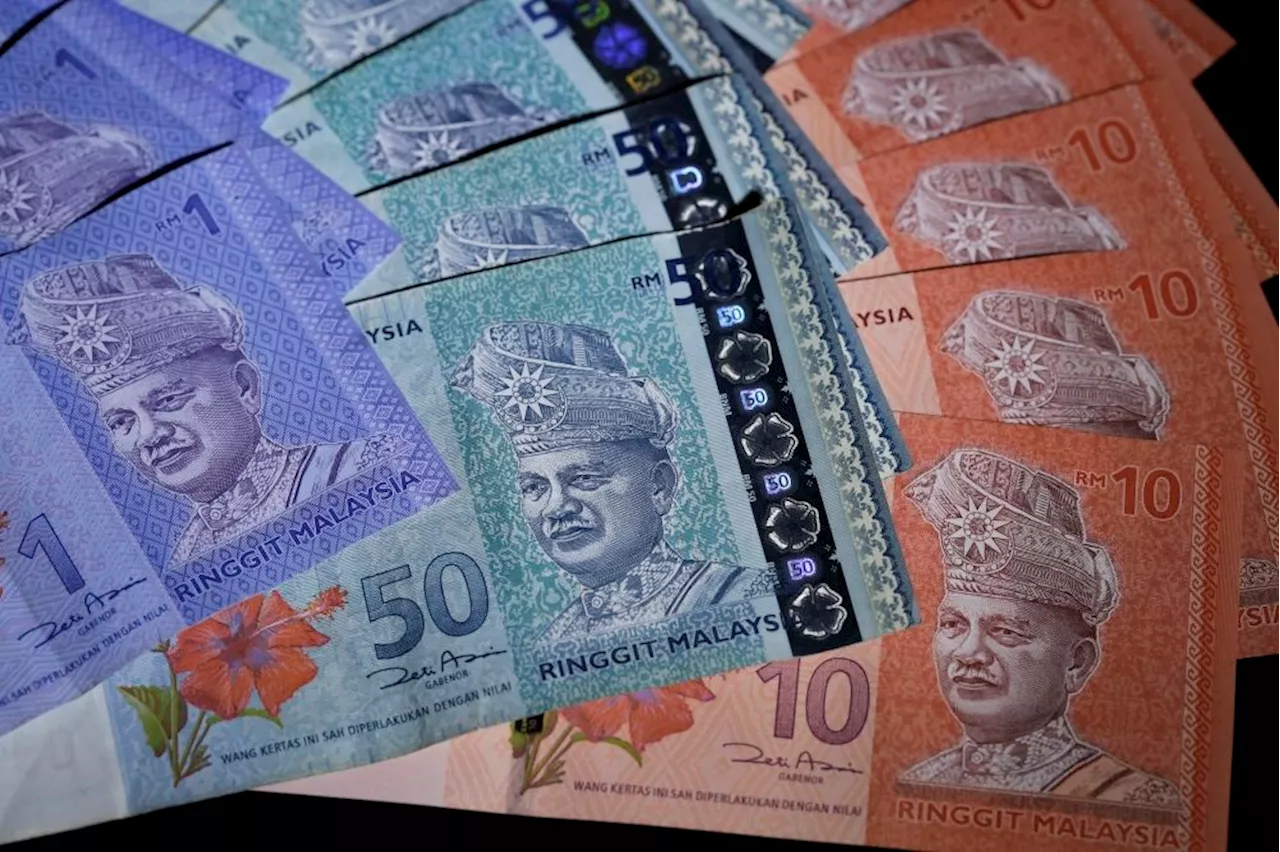The Malaysian ringgit weakened against the US dollar on Monday, primarily due to the latest tariff imposition by the United States on Canada, Mexico, and China. Despite the trade tensions, there are signs of a potential de-escalation, including China's pledge not to devalue its yuan. The market awaits further developments and reactions from the US Federal Reserve.
Thai Criminal Court acquits three celebrities in high-profile Forex-3D case; including high-flying Singaporean businessman
Most notable was Beijing’s plans to not devalue the yuan, a move that is meant as a peace offering to Washington given the longstanding US perception of China as a currency manipulator, he said. "The prospect of a quicker rollback of tariffs is offering some support, but volatility remains elevated,” Innes told Bernama.
"Markets will be watching for any further escalation, a potential diplomatic breakthrough, or even an unexpected shift in tone from Washington,” Innes said.
Ringgit US Dollar Tariffs Trade War US Federal Reserve
Malaysia Latest News, Malaysia Headlines
Similar News:You can also read news stories similar to this one that we have collected from other news sources.
 Ringgit Weakened by US Dollar Strength and China's Yuan WeaknessThe Malaysian ringgit is facing pressure due to the strengthening US dollar and the weakening Chinese yuan. Analysts suggest this trend could continue in the near term, especially with the upcoming US presidential inauguration.
Ringgit Weakened by US Dollar Strength and China's Yuan WeaknessThe Malaysian ringgit is facing pressure due to the strengthening US dollar and the weakening Chinese yuan. Analysts suggest this trend could continue in the near term, especially with the upcoming US presidential inauguration.
Read more »
 Ringgit Weakened Against US Dollar Ahead of Trump InaugurationThe Malaysian ringgit weakened against the US dollar today, fueled by cautious market sentiment as investors anticipate the inauguration of Donald Trump as the US president. Analysts point to uncertainty surrounding Trump's potential trade policies, particularly regarding tariffs on China, as a contributing factor to the ringgit's decline. The ringgit also depreciated against other major currencies, including the euro, British pound, and Japanese yen.
Ringgit Weakened Against US Dollar Ahead of Trump InaugurationThe Malaysian ringgit weakened against the US dollar today, fueled by cautious market sentiment as investors anticipate the inauguration of Donald Trump as the US president. Analysts point to uncertainty surrounding Trump's potential trade policies, particularly regarding tariffs on China, as a contributing factor to the ringgit's decline. The ringgit also depreciated against other major currencies, including the euro, British pound, and Japanese yen.
Read more »
 Ringgit Opens Slightly Higher Against US DollarThe Malaysian ringgit started slightly stronger against the US dollar following weaker US economic data and a decline in the US Dollar Index (DXY). The ringgit’s performance was influenced by reports suggesting a potential reduction in Trump-era tariffs and statements by Fed Governor Lisa Cook advocating for a cautious approach to rate cuts. While the ringgit strengthened against the Japanese yen, it weakened against other major currencies like the British pound and the euro. Against ASEAN currencies, the ringgit showed a mixed performance.
Ringgit Opens Slightly Higher Against US DollarThe Malaysian ringgit started slightly stronger against the US dollar following weaker US economic data and a decline in the US Dollar Index (DXY). The ringgit’s performance was influenced by reports suggesting a potential reduction in Trump-era tariffs and statements by Fed Governor Lisa Cook advocating for a cautious approach to rate cuts. While the ringgit strengthened against the Japanese yen, it weakened against other major currencies like the British pound and the euro. Against ASEAN currencies, the ringgit showed a mixed performance.
Read more »
 Ringgit Soars to Three-Month High on Trump's China Tariff Easing and Lower Rate SignalsThe Malaysian ringgit reached its highest point in nearly three months against the US dollar on Friday, driven by US President Donald Trump's softened stance on China tariffs and his indication of a preference for lower US interest rates. Global markets responded positively to these developments, with major Asian currencies also experiencing gains.
Ringgit Soars to Three-Month High on Trump's China Tariff Easing and Lower Rate SignalsThe Malaysian ringgit reached its highest point in nearly three months against the US dollar on Friday, driven by US President Donald Trump's softened stance on China tariffs and his indication of a preference for lower US interest rates. Global markets responded positively to these developments, with major Asian currencies also experiencing gains.
Read more »
 Ringgit Closes Marginally Lower Amid Strong US Dollar and Tariff ConcernsThe Malaysian ringgit experienced a slight depreciation on Monday, primarily influenced by the strengthening US dollar fueled by escalating trade tensions between the US and China. Despite a more conciliatory tone from US President Donald Trump towards Chinese President Xi Jinping, the overall strength of the US dollar overshadowed any positive impact on Asian currencies. Experts attribute the ringgit's resilience to Malaysia's robust economic fundamentals and the central bank's commitment to maintaining stable interest rates. The ringgit's future performance is anticipated to hinge on the trajectory of US-China trade relations in the coming weeks.
Ringgit Closes Marginally Lower Amid Strong US Dollar and Tariff ConcernsThe Malaysian ringgit experienced a slight depreciation on Monday, primarily influenced by the strengthening US dollar fueled by escalating trade tensions between the US and China. Despite a more conciliatory tone from US President Donald Trump towards Chinese President Xi Jinping, the overall strength of the US dollar overshadowed any positive impact on Asian currencies. Experts attribute the ringgit's resilience to Malaysia's robust economic fundamentals and the central bank's commitment to maintaining stable interest rates. The ringgit's future performance is anticipated to hinge on the trajectory of US-China trade relations in the coming weeks.
Read more »
 Widowed Malaysian actress Sora Ma goes on visiting spree with her baby son during Chinese New YearKUALA LUMPUR: The ringgit weakened against the US dollar today as market sentiment deteriorated following United States President Donald Trump's latest tariff announcements targeting China, Canada and Mexico.
Widowed Malaysian actress Sora Ma goes on visiting spree with her baby son during Chinese New YearKUALA LUMPUR: The ringgit weakened against the US dollar today as market sentiment deteriorated following United States President Donald Trump's latest tariff announcements targeting China, Canada and Mexico.
Read more »
